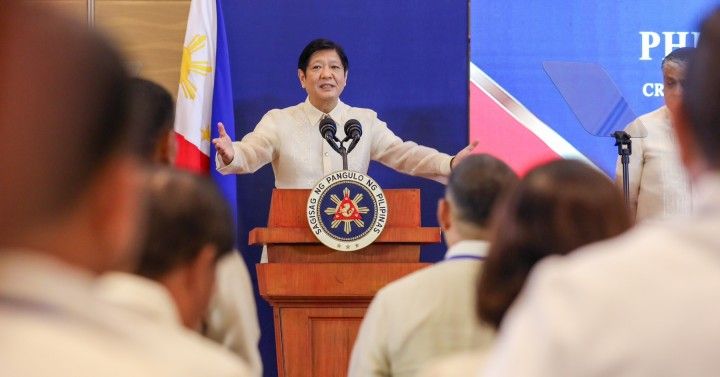House Ways and Means Committee Chairman and Albay Representative Joey Salceda stated that it is up to President Ferdinand "Bongbong" Marcos Jr. to decide whether to veto certain provisions of the proposed amendments to the Rice Tariffication Law (RTL).
Enacted in 2019, the RTL removed the National Food Authority’s (NFA) mandate to sell rice in markets and allowed the unlimited importation of rice into the Philippines to help maintain low prices by increasing supply.
NFA Administrator Larry Lacson shared that Malacañang has already sought their agency's input on the proposed changes to RTL.
Under the new proposal, the NFA would be authorized to sell its buffer stock through Kadiwa outlets during food security emergencies to help stabilize rice prices.
“I hope we will be allowed even for a limited volume. My estimate is between 16,000 and 20,000 metric tons a month. If this covers 1,600 municipalities and cities, that's only 200 bags per month per municipality,” Lacson explained. “At least the public can have the option to buy rice at P38 per kilo, unlike now when we are pressured to lower the price to P40 per kilo."
Lacson also highlighted that the NFA's current rice stock is at 5,389,000 bags.
He added that Agriculture Secretary Francisco Tiu Laurel Jr. is in favor of selling NFA rice in the markets to alleviate overcrowded warehouses.
"Farmers are complaining that we stopped buying palay from them, but the issue is our full warehouses," Lacson said.
Currently, NFA rice is sold to the Department of Social Welfare and Development and the Office of Civil Defense.
Despite the damage caused by successive typhoons, the agency has managed to release 600,000 bags of rice this year.
Lacson emphasized that restoring the NFA's role in selling rice to the public would ensure better stock management.
President Marcos has certified the proposed amendments to RTL as urgent, citing the need for the government to have more control over the local rice market.
Additionally, one of the amendments seeks to increase the annual appropriation for the Rice Competitiveness Enhancement Fund (RCEF) from P10 billion to P30 billion.
At least P9 billion of the P30 billion will be allocated for rice farm machinery and equipment, P6 billion for rice seed development, and P15 billion for programs aimed at boosting farmer productivity, food security, and resilience.
#WeTakeAStand #OpinYon #OpinYonNews #RiceTarifficationLaw #NFA #RiceSupply #PBBM

